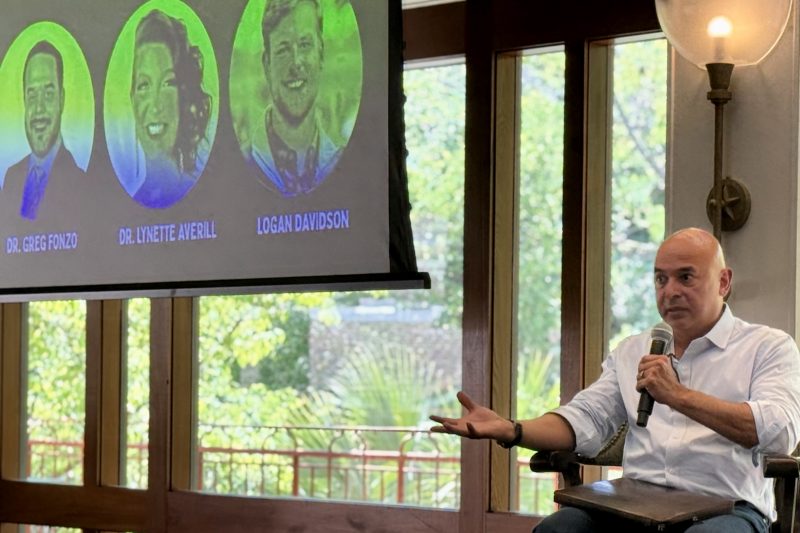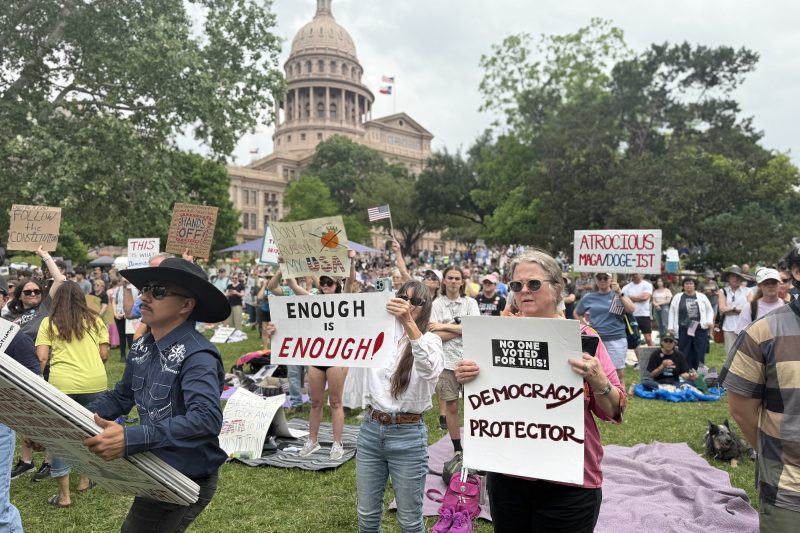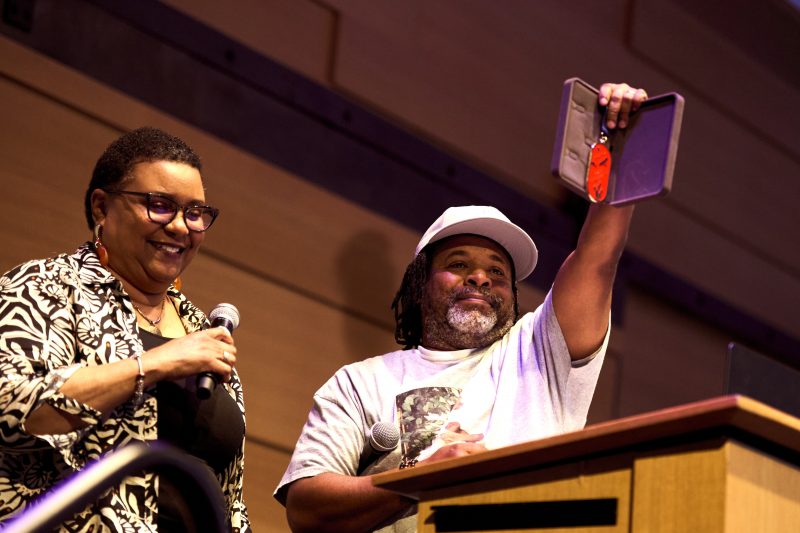


byMichael Karlis
The staggering number of veteran suicides, combined with Texas’ large population of former service members, has led the state to becoming what some experts are calling the center of the “psychedelic revolution.”
A slew of bills in the Texas Legislature have garnered broad, bipartisan support, including House Bill 3137, which would mandate the largest appropriation of public funds for psychedelic research in U.S. history.

byMadeline de Figueiredo and Rebecca Butler
The Local Food for Schools initiative was set to distribute $660 million to state agencies in fiscal 2025, aiming to help schools and child care facilities buy locally grown food in 40 states.

byMichael Karlis
Organizers said more than 1,000 demonstrators descended upon the Texas State Capitol over the weekend to protest against what some experts say is the Trump administration’s increasingly authoritarian rule. Saturday’s protest, organized by the 50501, Hands Off! and Resist Austin movements — three grassroots campaigns aiming to prevent “plutocrats” from “undermining the rule of law” […]

byShunya Carroll
As he was inaugurated as Austin’s first poet laureate, Zell Miller III said last week that he will use the platform to promote literacy and tell the hard truths of the city’s history. “I am gonna scribe the beauty of this city I grew up in,” Miller said during a ceremony at the Austin […]